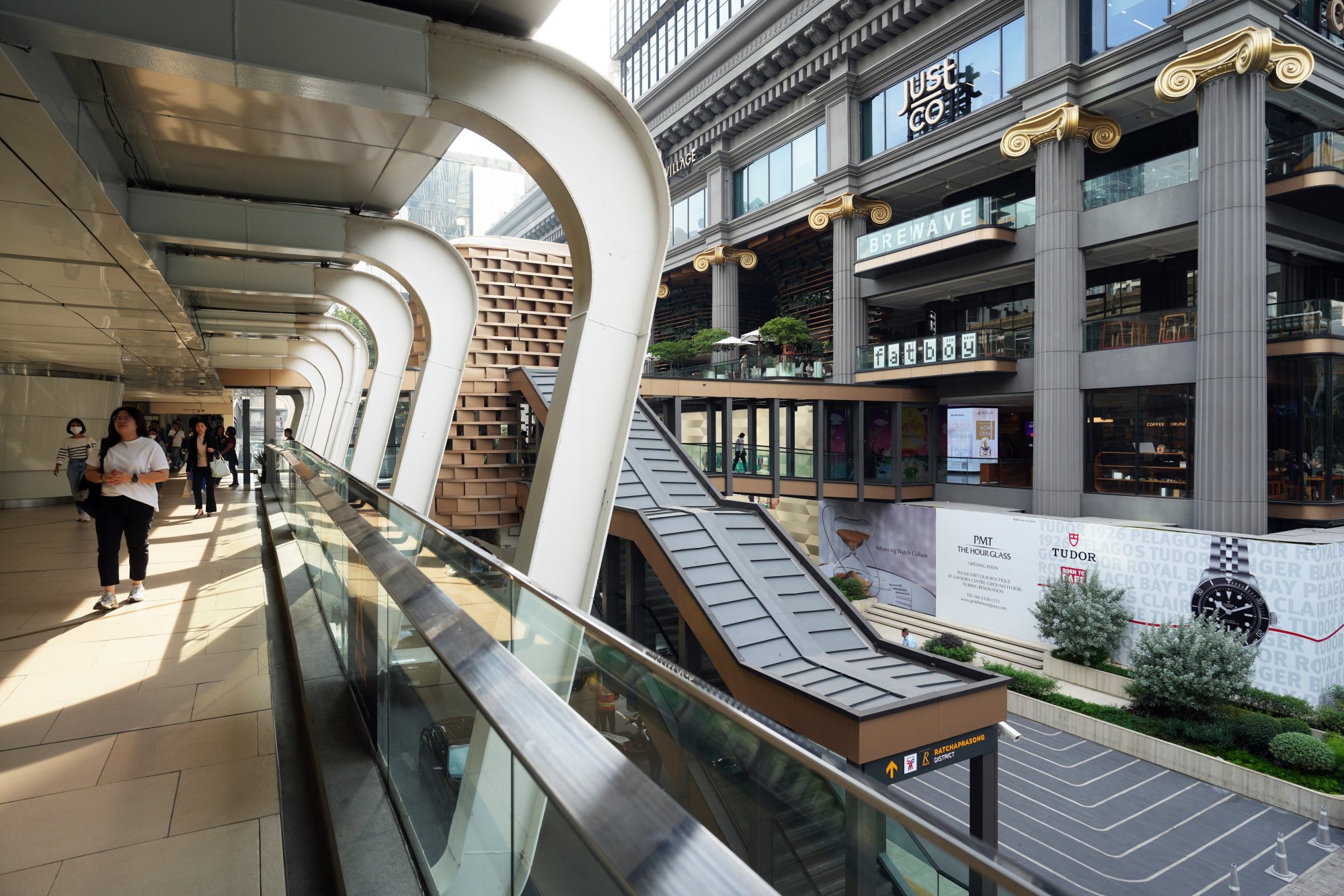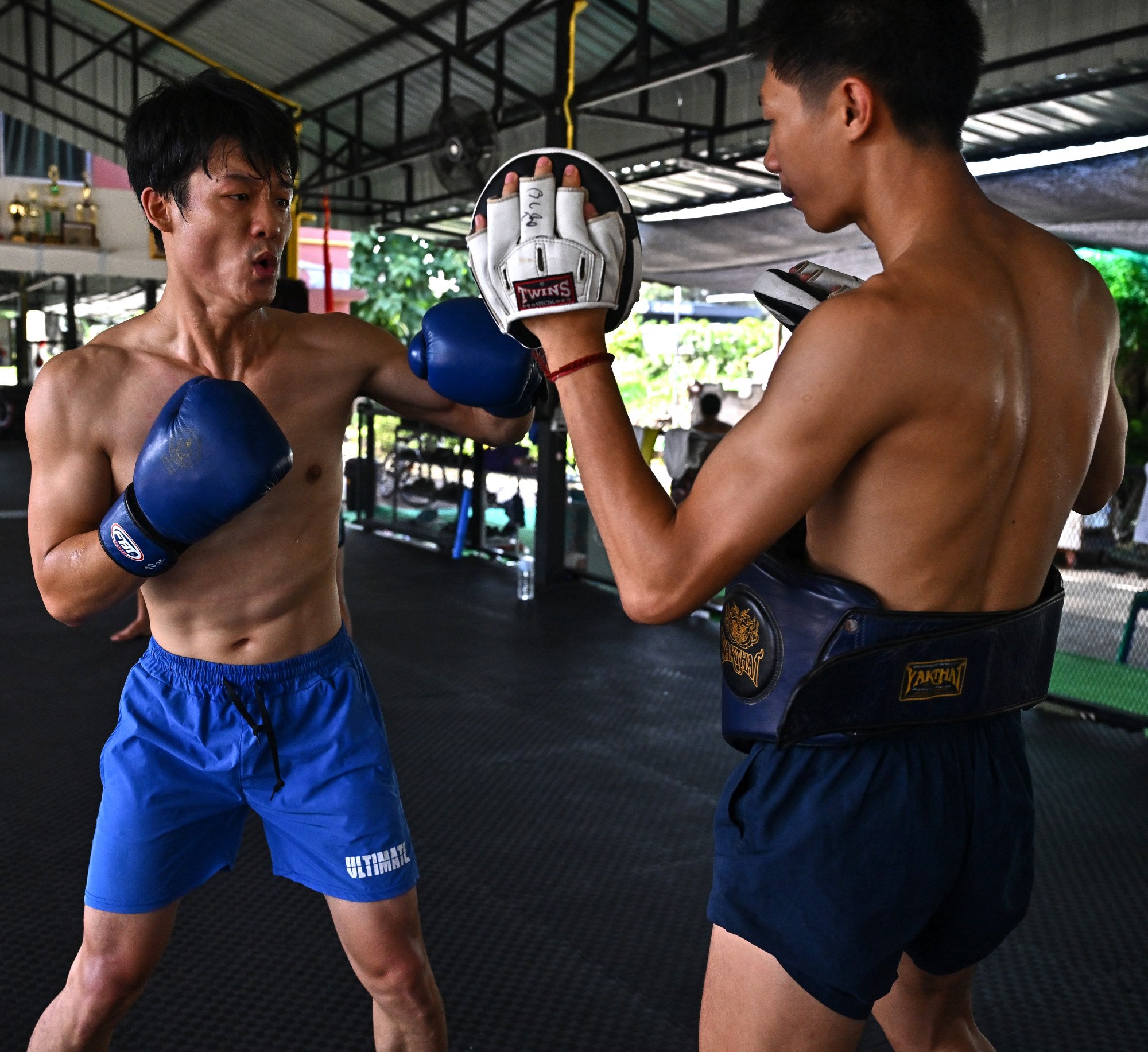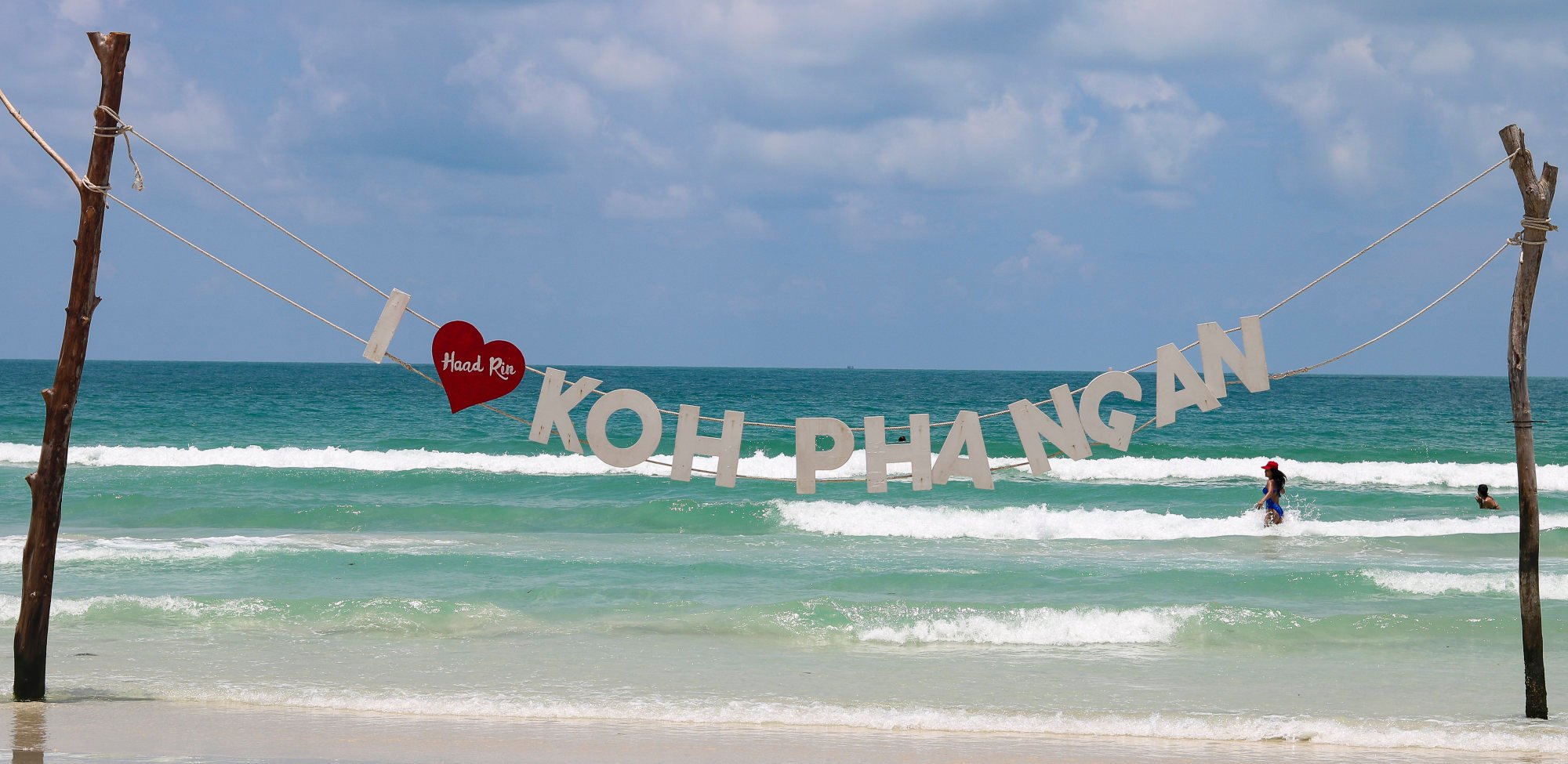Bangkok calling: Thailand’s digital nomad visa proves a runaway success
Since its launch last July, the Destination Thailand Visa has attracted more than 35,000 applicants

When Tim Grassin sold his fintech start-up in the Philippines, he mapped out his next move the way any good analyst would: with a spreadsheet.
After comparing the region’s top destinations for remote workers, the French-Canadian entrepreneur landed on the Thai capital.
“Bangkok won,” he told This Week in Asia.
Drawn by its affordable healthcare, robust infrastructure and vibrant lifestyle, Grassin settled in the city in 2023 and eventually qualified for the Destination Thailand Visa (DTV) – a long-stay scheme introduced a year ago to lure digital nomads and revive Thailand’s post-pandemic economy.
Since its launch on July 15 last year, the DTV has attracted more than 35,000 applicants, according to official figures – a rare policy success for a government struggling to kick-start economic growth amid political and external headwinds.

Across Bangkok and beyond, this new class of long-stay foreigner permit is reshaping communities once geared solely towards tourists, clustering instead around co-working spaces, Thai boxing gyms, wellness centres and local cafes.
“Bangkok has everything I was looking for,” Grissin said. “I really enjoy spending time here. The people are very welcoming, it’s super convenient, very safe, and the lifestyle is just great. You really get a lot of value for your money. A lot of friends come to visit me, and I enjoy showing them around.”
The DTV’s success has been a bright spot against a challenging economic backdrop. The World Bank this month cut its 2025 growth forecast for Thailand to 1.8 per cent, down from 2.9 per cent, as a triple blow of slowed exports – triggered by US tariff threats – renewed political instability and a stuttering tourism sector drags on the economy.
Visitor numbers have fallen, especially from China, with many deterred by safety fears following reports of kidnappings into scam centres, or by tightening budgets amid mounting economic pressures – forcing Thailand to revise its full-year tourist arrival forecast down from 39 million to 35.5 million.
As traditional tourism slumps, remote workers have taken on new significance, especially in less-travelled regions that see few visitors during the rainy season from July to late September.
The DTV was introduced by the current Pheu Thai-led government, which is now fighting for survival after Prime Minister Paetongtarn Shinawatra was suspended from office by the courts earlier this month.
Malaysia and Indonesia have also sought to attract the work-from-anywhere crowd, but their schemes offer only a single year’s stay; in Indonesia’s case, the permit cannot be renewed or extended.
Thailand’s edge lies in the DTV’s flexibility: holders can stay up to 180 days per entry, with the visa valid for five years, allowing people aged 20 and over with freelance contracts from overseas companies to base themselves and their families in the country long term.
Unhandled type: inline-plus-widget {“type”:”inline-plus-widget”}
The kingdom is marketing itself as a super-connected haven for YouTubers, start-up founders and entrepreneurs, blending business with meditation, travel and adventure – and, in turn, hoping these newcomers will help boost an economy that is still sputtering in the post-pandemic era.

Thailand’s infrastructure for remote work is undeniably strong, ranging from high-speed internet and co-working spaces in Bangkok to beachfront bungalows and forest retreats, all at a range of price points. There is even a DTV visa option to learn Muay Thai.
Grassin, who works remotely for his Singapore-based company, plays sports with locals and runs his data infrastructure business from downtown Bangkok. “Internet here is fast and stable. I’ve had zero issues working from Thailand,” he said – with one exception: opening a bank account.
DTV holders are barred from opening local bank accounts. This rule is designed partly to thwart scammers who use fake accounts to launder illicit funds, and partly to prevent foreigners from working in sectors reserved for Thais.
For legitimate digital nomads, this makes paying bills and using local QR codes a bureaucratic headache.
“No bank will let me open an account here because they still treat the DTV as a tourist visa,” Grassin said. “If banks accepted this visa as a real long-term stay option, I’d happily bring more capital into the country.”
Bangkok beckons
While cheaper destinations exist, Thailand’s price advantage is amplified by its connectedness in Southeast Asia.
“At almost a quarter of the cost of living compared to [places] like Hong Kong or New Zealand, it’s almost like a life hack living here,” said Philip Siu, who left the corporate race of Hong Kong for a life of digital creation alongside his identical twin, Jason.
Armed with their digital nomad visas, the Sius use Thailand as a base to produce travel live streams across Asia.
“Bangkok is just so well-positioned in Asia. It’s a perfect hub to explore the region as a content creator,” Siu said. “We thought we’d feel disconnected, but Bangkok surprised us. It’s easy to make friends here – there are so many events, coworking spots, and people like us.”
Not everyone adapts as easily, with stories circulating among Bangkok’s expat community of remote workers who have struggled, some falling into substance abuse or losing sight of work amid the city’s distractions.
“It is harder here than I thought it would be,” said one British DTV holder, requesting anonymity. “There are very few things to hold you back if you start making bad decisions – and this is a very big city. It can be quite isolating and lonely.”
But for many others, the DTV has opened new doors and fostered a growing community.

On Koh Phangan, an island once known mostly for its alcohol-fuelled full moon parties, the arrival of remote workers has diversified the long-stay population, bringing in wellness entrepreneurs and tech freelancers as well as a broader range of ages and skills.
“Koh Phangan – and Thailand overall – has long attracted digital nomads, especially after Covid restrictions eased in 2021,” said Viktoria Abakas, manager of Innerspace, a coworking and wellness hub.
“But now we’re seeing more people staying longer or arriving during the off-season. The DTV helps stabilise both their stay and their contribution.”
Unlike tourists, remote workers rent homes from Thai landlords rather than staying in large hotels, becoming regulars at local cafes, Muay Thai and yoga studios, and community events.
“They’re no longer just passing through,” Abakas said. “Many are creators or freelancers with strong online followings, so they help promote the island organically. Others are actively involved in building a stronger, more diverse local community.”